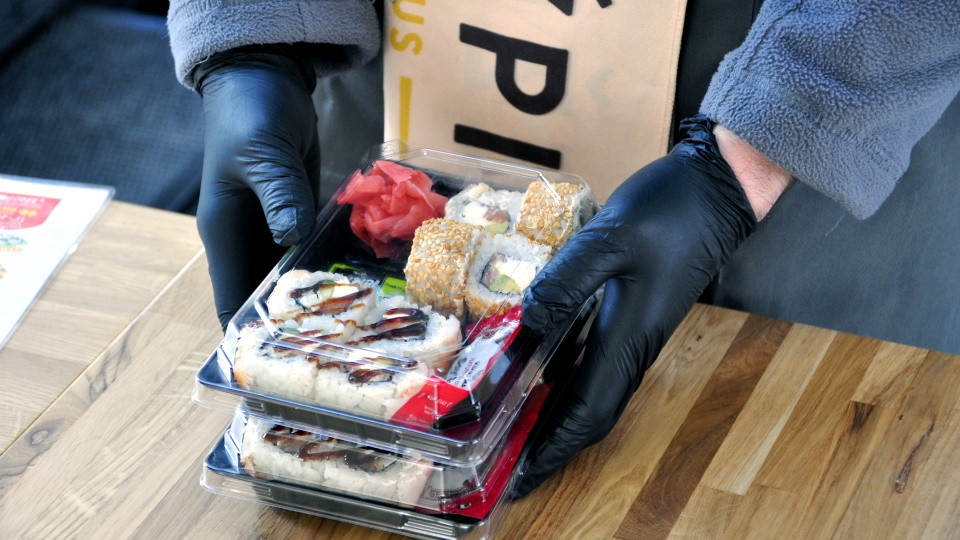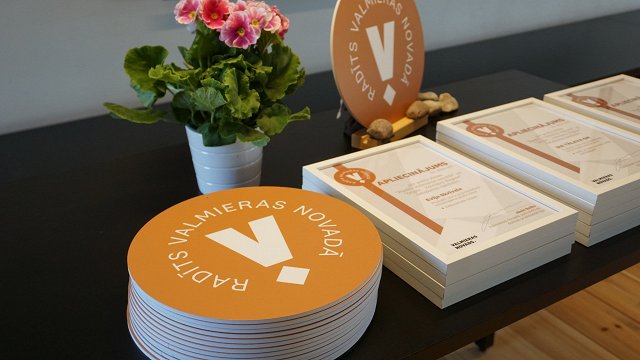In 2019, only 11% of small and medium-sized companies in Latvia sold their goods and services online.
“I think this year's figures will be at least twice, if not even more, higher. E-commerce and all digital transformation matters have developed very rapidly this year. This figure is also growing throughout Europe, but we have had the greatest and most extensive opportunities to increase these figures in Latvia, because we had a very low initial level,” said the chair of the Latvian Association of Information and Communication Technology (LIKTA), Signe Bāliņa.
She said that in Europe, on average, 17.5% of businesses sold goods online. Latvia's e-commerce turnover accounted for only 5% of the turnover of small and medium-sized enterprises last year, but on average in Europe this rate was more than twice as high.
“These recent days have created, indeed, a volcano eruption in e-stores and other online retail. (..) Every evil has its good, and it is true that e-commerce is developing very rapidly in Latvia.”
“We were growing relatively slowly in terms of e-commerce in Latvia before the pandemic,” said Artūrs Mednis, head of the digital marketing agency New Black. He said the process would otherwise most likely have reached the current figures five years later.
“The entrepreneurs were forced to do what they had to do long ago. Just for some reason, whether it was laziness or didn't seem topical,” Mednis said.
He pointed out that not only in Latvia, but also elsewhere in the world, e-commerce is now on a victory march.
“We're talking about an increase in hundreds of percent for the e-commerce industry, and certainly this will continue in the future. Even if the pandemic is over, it is not that everything will return to its old tracks,” Mednis said.
What entrepreneurs say
The grocery store chain Top set up an e-shop in March in response to the situation in the country. The company's marketing director, Ilze Priedīte, said that developing the e-environment was in the plans for the future, but the situation forced everything to be done at a rapid pace.
“In March, April there was really very high demand. Then all of this became rather unnecessary during the summer period. Meanwhile, in recent weeks, the number of daily purchases is doubling, and the amount of the purchase is also increasing. People are really rethinking what and when to buy. We are able to deliver, either on the same day or at the latest on the next day,” Priedīte said.
“Pizza Lulu” restaurant chain has been operating in e-commerce for several years, providing pizza delivery. The company's marketing and sales chief, Agnese Puriņa, said it had an advantage when the pandemic started, while competition in the e-environment is high.
“Of course we also tried to adapt to these new circumstances. In the spring, we created a “Lulu Shop” that provides not only pizza delivery but also a variety of farm goods, groceries. The supply is not as large as in other supermarkets, but we can provide such basic needs with rapid delivery. This year, it has to be taken into account that there will be a drop in turnover of more than 20%, but at the same time one cannot complain. Everything is happening,” Purina said.





























